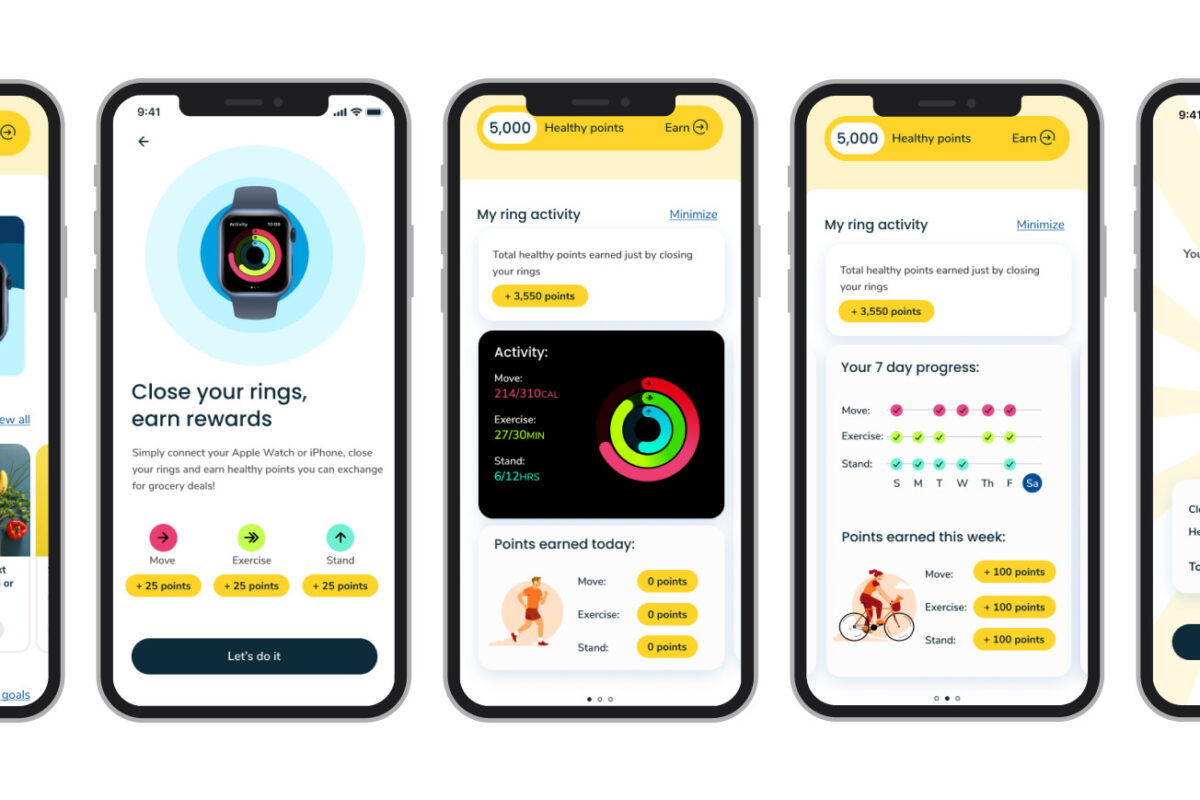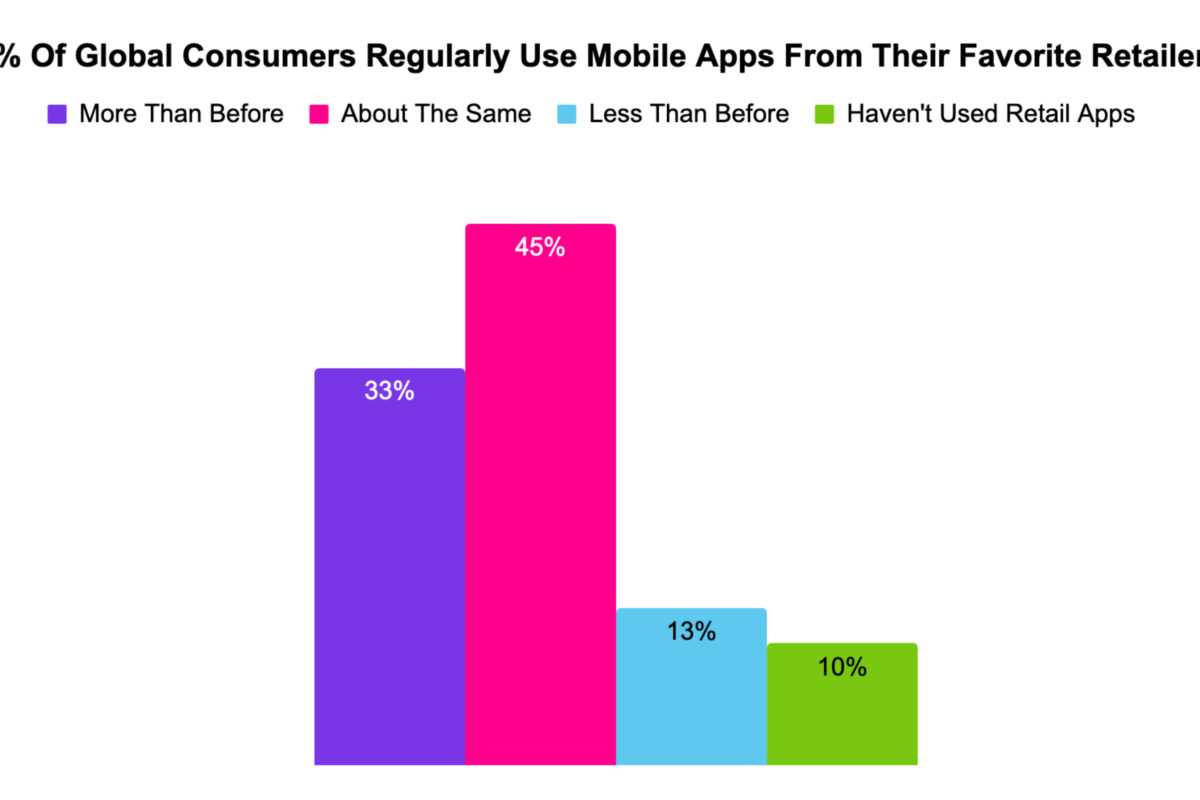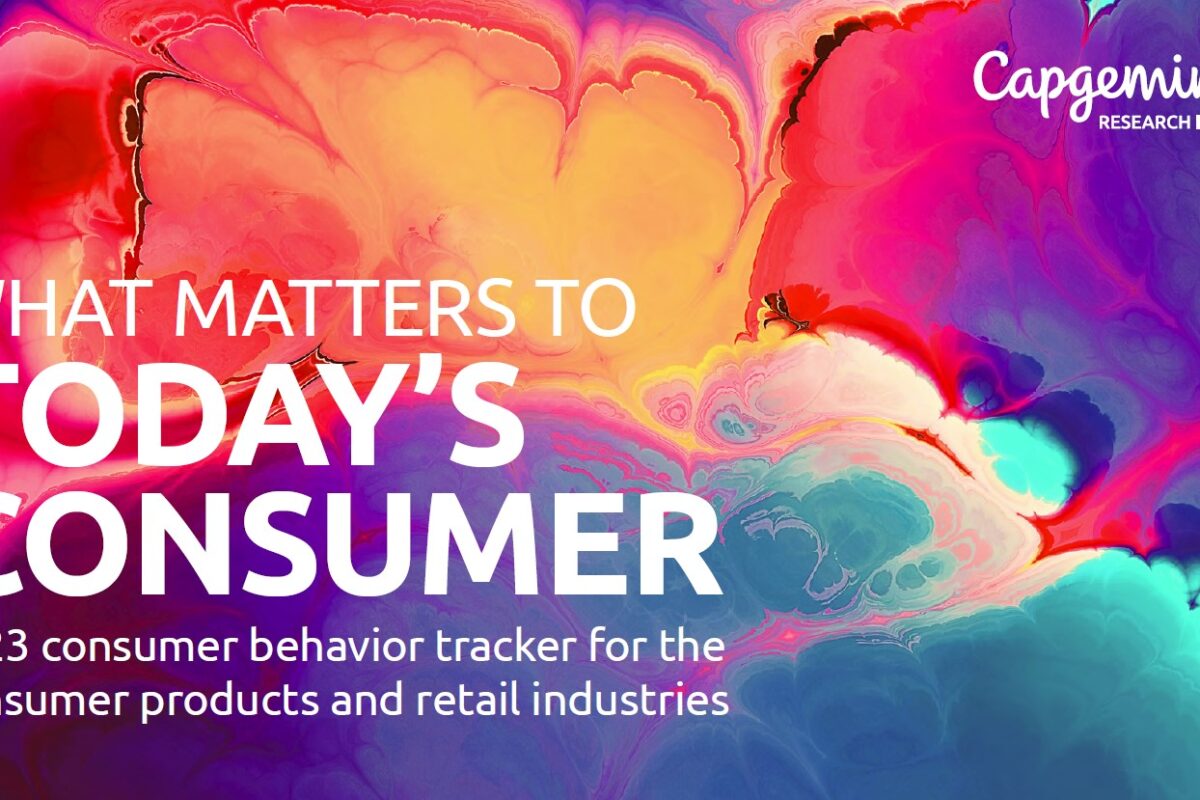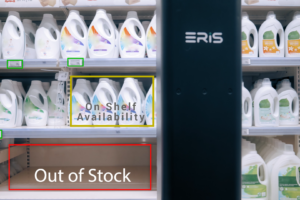As retailers embark on personalization strategies, they must prove themselves trustworthy. Shoppers are willing to share personal data so long as they believe retailers will protect and use the data for the right reasons.
Personalization strategies are central to making retail marketing more timely and relevant, but retailers must demonstrate clear customer benefits if they want access to the data. While customers welcome personalized coupons, loyalty rewards and faster, more rewarding shopping experiences, they don’t want to share data with retailers who collect it only for their own benefit. This is abundantly clear in the findings of several recent studies.
Data exchange for retailer value
For instance, research by the Retail Industry Leaders Association (RILA) found that a majority of consumers (63%) don’t mind sharing personal data with retailers “in exchange for benefits such as automatic credits for coupons and loyalty points (64% of those surveyed), access to exclusive deals (60%), the ability to gain points and rewards (56%) or special offers for items that interest them (53%),” as reported by Retail Dive.
The finding matches that of the RIS “Retail 2025 Shopper Study,” which revealed that consumer interest in allowing retailers to use digital identification for shoppers increased to 73% in 2018 from 57% a year earlier. “However, they are primarily looking for a benefit, such as reminding them of a reward to redeem (65%) or receiving offers within the store (59%),” the study said.
Trustworthy retailers define purpose
Trust plays a major role in data transactions between customers and retailers. Research conducted by Accenture for RILA reveals that customers are looking to retailers to become trusted advisors. “Being a trusted adviser is a core element of a brand’s purpose. By articulating that purpose clearly, consumers will truly know the brand, what it stands for, what it can offer, and how it can enhance their day-to-day life,” the study says.
But there’s more to building trust. Consumers worry about cybersecurity, as revealed in a study by Longitude for Verizon. In a blog about the study’s findings, Verizon argues: “Violate consumer trust, and be prepared to suffer the consequences.” The survey reveals that 92% of respondents would change their relationship with a brand and that many of them “would simply take their business elsewhere.”
Retailers must be transparent about why they are collecting customer data and tell customers how they will use the data, the study revealed.
Furthermore, customers are looking for honesty and integrity, which in the RIS study emerged as “the top factors that influence purchases beyond price, quality and convenience for a big majority of shoppers (67%).”
The bottom line is that consumers are ready to embrace a personalized shopping experience, and will willingly share the data that makes it possible. There is still significant concern about security and how the data is used. Retailers mustn’t violate their trust if their personalization programs are to succeed.
Source: APG Cash Drawer





















